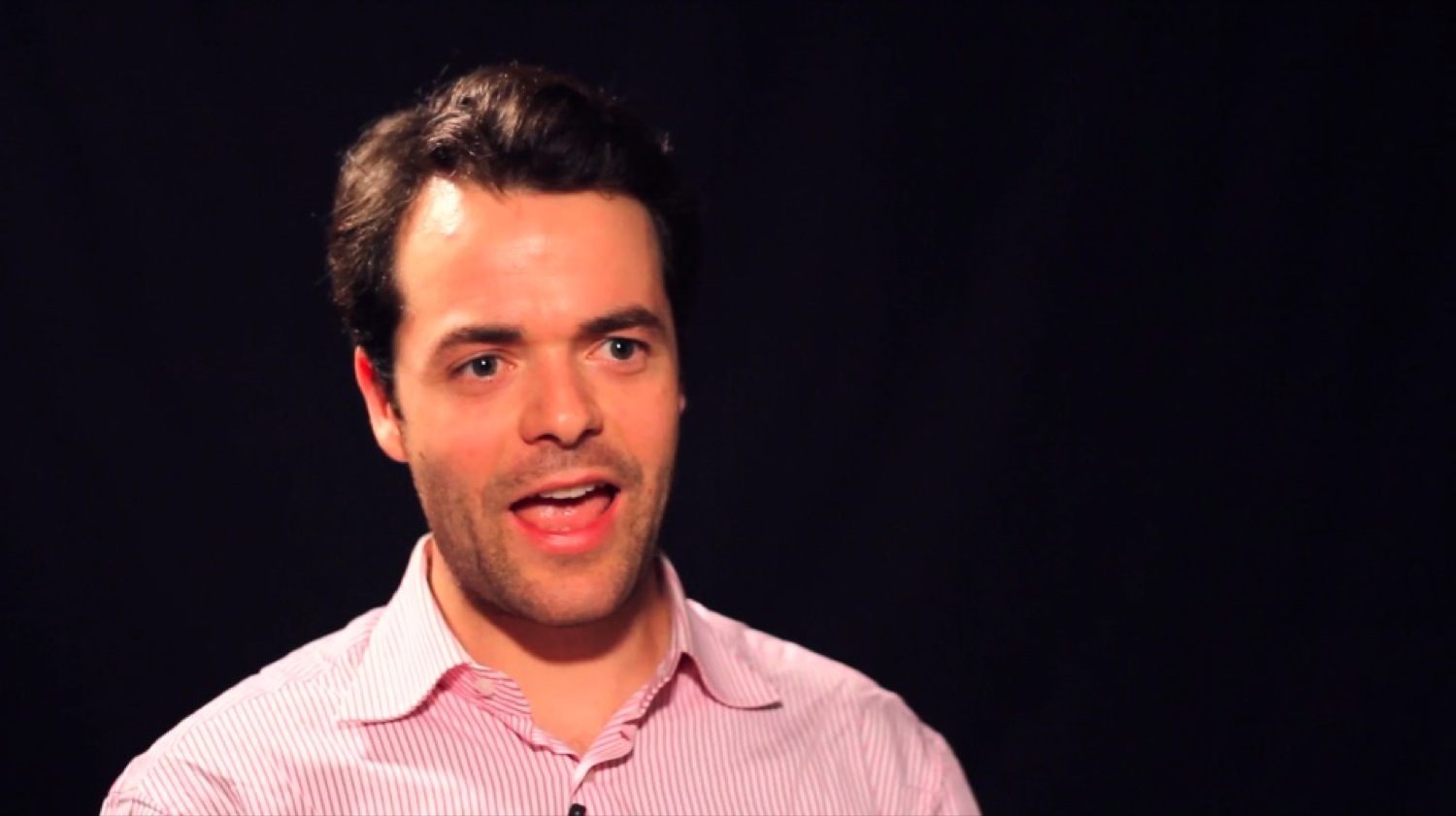In Chapter 3 of 19 in his 2012 Capture Your Flag interview, Boxee co-founder and head of product Idan Cohen answers "How Do You Define and Measure Success in What You Do?" Cohen notes success should be measured by the delta, or incremental change, from where you start and where you want to go. He notes this creates a great challenge for those born into privilege, who start at a much more advanced place and who have a lower penalty for failure. To Cohen, life is far less about planning and more about measuring personal progress based on where you, as an individual, come from. This is Idan Cohen's Year 1 CYF interview. Cohen is co-founder and head of product at Boxee Inc, an online video software company. Previous to Boxee, Cohen held telecom software innovation and developer roles at Comverse. He was a Captain in the Israeli Defense Force (IDF) and graduated from Tel Aviv University with a Bachelors of Science degree in Geophysics and Art.
Transcript:
Erik Michielsen: How do you define and measure success in what you do?
Idan Cohen: I think that success should always be measured by the delta, between where you started and where you are or where you started and where you wanna get to. It might sound a little bit weird but, you know, in some ways, I do not envy people who were born, for instance, into money, for them, it will be extremely hard to measure their success, it will not—‘cause the usual—one of the most common ways that we measure success is by wealth. And for them it will be extremely hard to kind of create even more of that, or even because—just because they had the tools then it will be very hard for them to justify what they managed to accomplish, because they started off from a very good starting point. And especially they started off from a starting point where it’s very hard to fail, or failure is not too painful.
So I think that for most people, success is much more about the delta, so it doesn’t matter where you are, it matters where you are—where you got from to where you are. So for me, every time I try to measure myself, like 3 years ago, or 5 years ago, where was I and where am I now? I can kind of—then looking at that, where can I be in 3 years? I really try not to plan, where do I wanna be in 3 years, I have a lot of dreams, but it’s never—it’s never actually the path that I’m going to take. Because I just think that planning is useless. I think that today’s life, people try to plan a lot, and I think that something even about this, you know, this conversation, it’s about planning, and learning from people and how they got there. And I think it’s just useless.
Develop these dreams because I think that the dreams are a very good preparation to actually being able to make these steps. I think that I dreamt for a long time to move to New York, by the time I was ready to make it, then, you know, in my guts that decision was already well – you know, kind of cooked already and ready and ripe to get done. For instance, me and Christina are dreaming of moving to the countryside at some point, you know, yes, it might happen in a few years, maybe it wouldn’t happen, but just by talking about it, and we constantly talk about it, I think we’re kind of preparing something in our guts.
But at the end of the day, all this planning is completely useless, because there’s so many other factors that are gonna happen and change that – those decisions, so it doesn’t matter. Just try and always fantasize about a lot of things that you wanna do. And then, that will kind of guide you to where you’ll end up. That’s how I see it.























